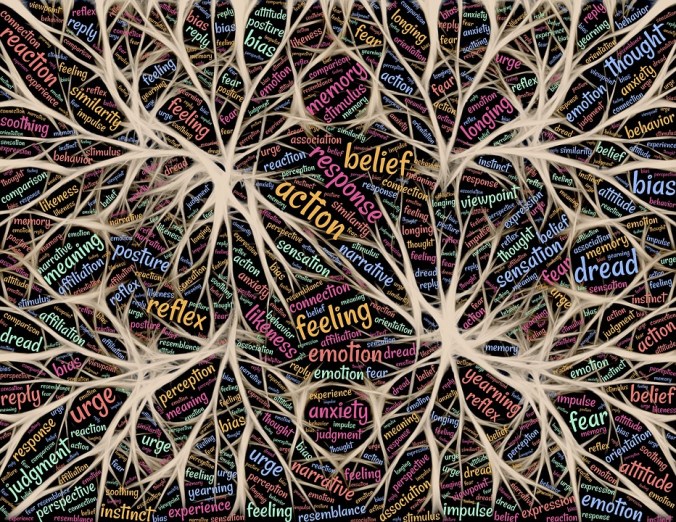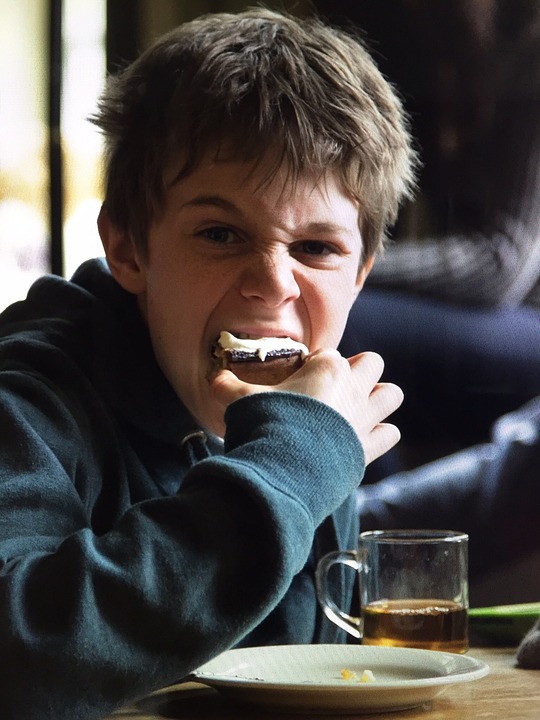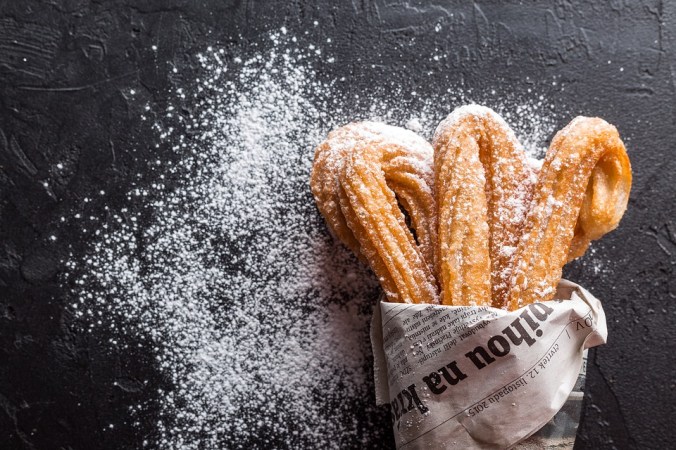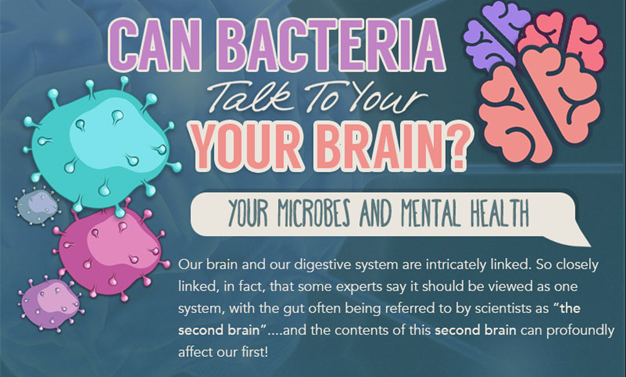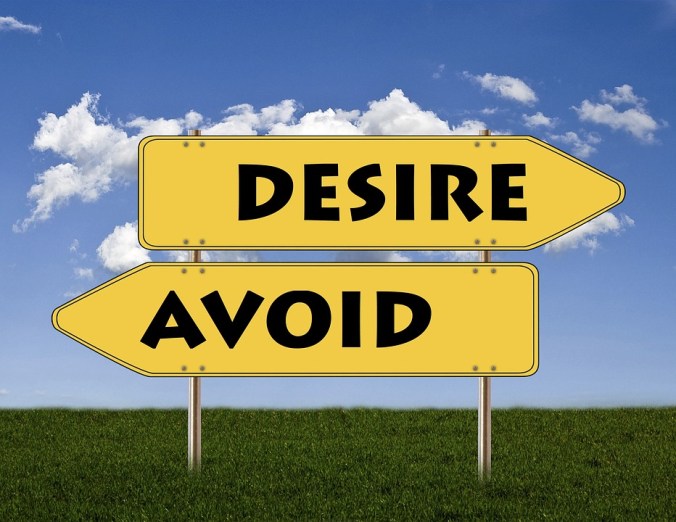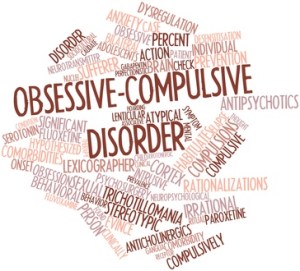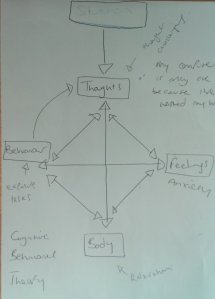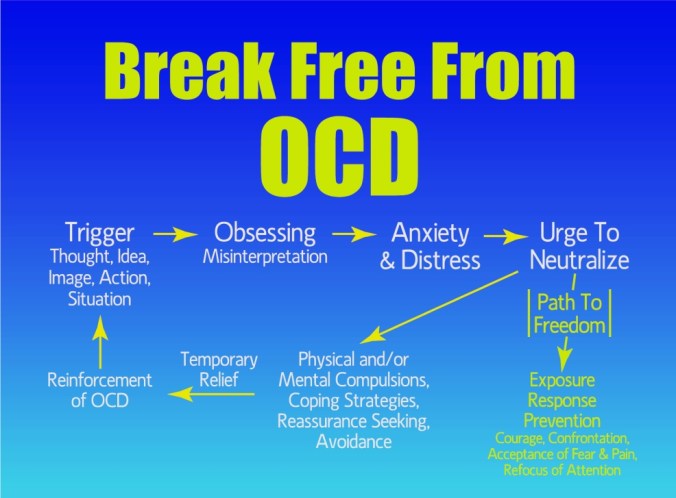It would be the understatement of 2021 to say that January and February and most of March were tough months for our nation. There’s the usual January blues, when it’s dark and cold and everyone is a bit skint; but this year the individual and collective malaise was on another level.
Like most of the rest of the world, we were hit by another wave of the coronavirus pandemic, (over 127,000 families in the UK are mourning the loss of a loved one to Covid-19).
Now that we have emerged from the dire months of being cooped up indoors, (alongside the mental health implications of our covid incarcerations), the nation is tentatively looking ahead and the schools (thankfully) have now reopened. Many businesses were forced to close or operate at a reduced capacity. Income levels dropped off. Then there is the inevitable Brexit fallout hitting fisheries, imports and exports, and business in general, with untold damage to the economy – the full extent of which is yet to be truly calibrated.
With so many triggers for individual and collective stress, I may not be the only one who went through the January blues on steroids!!
Some days I felt like I was wandering aimlessly in a spiritual wilderness and would never feel joy again.

Deep in the doldrums…
Now that I am on the other side of that particular episode I can reframe the experience and feel a certain relief and detachment. Some unresolved trauma from my childhood came up, which unfortunately was compounded as it coincided with lockdown and home schooling.
I barely managed under the extra workload of full-time home schooling two secondary school Year 7 & 9 daughters. For the most part, my youngest remained motivated and conscientious, but her older teenage sister did not, and trying to help her was exhausting. She suffered from a lack of social interaction. Those two and half months tested my patience and perseverance to the limit.
I’m sure many parents of school age children with limited indoor space must at times have felt some level of frustration, fatigue, lassitude, vexation, overwhelm and anxiety.
Most days, between the learning, the laundry and the kitchen, there was no time or energy for anything else. On top of that I was going through an intense healing process.
I have to admit that during those first two months I resorted to comfort eating and doing less exercise, (although I normally love hiking, we had biblical amounts of rain), and for most of January I went into total hibernation. I think my brain is still catching up.
I’ve had to forgive myself for my less than perfect attitude and cut myself some slack however, as these are unprecedented times. The accumulation of stress hit me like a volcanic eruption I couldn’t control. I just had to go with the flow…
I also watched, obsessed, as the geological equivalent appeared in Iceland, a short distance from where our family stayed in Grindavik during the summer of 2019. It would have been great to witness first hand.
Watching this amazing footage reminded me of Frodo’s quest to destroy the One Ring in the fires of Mount Doom…
At times the overloaded, antsy feeling on my Central Nervous System was acute and physically uncomfortable. At other times I felt suffocated by ennui, accompanied by a total loss of motivation. I caught myself thinking ‘what’s the point?’ I realise now that this thought (and others like it), had arisen from a feeling of helplessness and hopelessness.
I’m not seeking sympathy, I know many people have suffered over the winter and continue to do so; but I share this personal experience to illustrate that my months of introspection and healing did yield positive results.
I needed to seek a solution; not just for me, but if it worked, to share with the wider world for anyone who continues to feel engulfed in an existential crisis, given all that we are dealing with.
What to do when you’ve sunk into a funk that you struggle to shake off?
I had to take it one day at a time. Deep breathing exercises and movement did help to calm me, as did meditation and practising gratitude. Even if it was only to appreciate that I had the opportunity to expunge some ‘dark’ emotional energy that was held deep in my body.
I realised I had to start small: I was only capable of making micro choices; which on a practical level helped me to regain some measure of control in my life. Focusing on the little steps and achievements built up my confidence and motivation bit by bit.
As I reflected on the difficult early months it informed my objectives for the rest of the year.
My main intention for 2021 is to live my life like a prayer. This is not a goal but a daily practice, and involves dedicating myself to being a servant of life in all its forms, appreciating the beauty of life, embracing a willingness to forgive shortcomings, to let go of the past (including resentments, negative emotions) and be a loving person.

I’ve come to the conclusion that in the current global situation, being kind to one’s self and others, and a source of lovingness in the world is what will see humanity more serenely and successfully through this time. I knew I had to surrender my anger about the situation and the feeling of losing control of my life.
I rediscovered a book I bought a few years ago but hadn’t yet read: Letting Go – The Pathway of Surrender by Dr. David R Hawkins. I might have saved myself some anguish if I had, but they do say that when the student is ready the teacher will appear. Doc Hawkins has been a major influence in my life. I’m only a short way in, but already I have shifted my energy.
Fake thoughts!
Having let go of some heavy psychological baggage over the preceding weeks, I noticed, to my delight, that my mind was considerably quieter. The incessant yapping of my thoughts had abated. This has been quite a revelation for me!
Not having to waste energy fighting the negative voice that tells me I’m not good enough, or how tough my life is has brought some much needed inner peace.
According to Dr Hawkins, it is the accumulated pressure of emotions that sparks a myriad of associated thoughts. Painful and destructive feelings trapped unconsciously in the body foments unhelpful and negative thoughts.
Tweet
As an example, just one painful memory from early life that proves too overwhelming to handle is subsequently repressed (buried deep), in the psyche, and over many years can generate hundreds or thousands of thoughts. Dr. Hawkins asserts that when we surrender the underlying emotion all of those thoughts disappear instantly.
The Gray-LaVoilette scientific theory integrates psychology and neurophysiology and their research indicates that feeling tones organise thoughts and memory.
Hearing a lot of negative inner chatter is a sign that there’s unresolved emotional material being held in the body. When an underlying emotion is buried, forgotten or ignored, and not experienced, a person may not understand the reason for their actions.
Dr Hawkins suggests a simple way to become conscious of underlying emotions behind any activity, by asking: What for? With each answer, what for? is asked again and again, repeatedly until the basic feeling is uncovered. To be effective this method requires self-honesty.
Another revelation was discovering that thoughts are impersonal. They arise from the attractor field that a person is aligned with at any given moment. Now I try to watch these thoughts scudding across the sky of my mind like jostling clouds, I just watch them come and go, I try not to identify with them. They are just thoughts.
It is quite liberating to learn that thoughts emanate from unprocessed emotions. If we watch our thoughts we can ascertain the type of feelings that are responsible for them and begin the process of letting them go.
The 3 major mechanisms for dealing with difficult feelings
Essentially we have three major ways of handling negative emotions: suppression/repression, expression and escape.
Repression/suppression
This is the most common way of dealing with strong emotions. We don’t want to be overwhelmed, we are not sure how to cope, so we just sort of muddle through. Repression is the unconscious pushing down of feelings and suppression happens consciously. How we sort what feelings are repressed or suppressed is influenced by the unconscious programmes we carry within us from our childhood, upbringing, social expectations and life experience.

When a feeling is repressed it is usually because there is so much guilt and fear over it that it is instantly thrust into the unconscious.
In order to keep the repressed feeling at bay the mind resorts to denial and projection.
Instead of acknowledging or observing it, we deny the presence of an unpleasant feeling within us and project it onto the world and those around us. The feeling is eventually experienced as if it belongs to someone else. ‘They’ then become the enemy. Blame is placed on people, institutions, social conditions, God, luck, foreigners, ethnic groups (Brexit right there), and all other things outside ourselves. Through projection the individual maintains self-esteem at the expense of another.
Both methods carry psychosomatic consequences such as the manifestation of physical ailments and illness. If we don’t clear out this emotional garbage it impacts our lives down the road and weighs us down, limits our quality of life, relationships and inner peace becomes more elusive.
Expression
As the term suggests this method involves talking, venting and verbalising our feelings. This allows for just enough of the inner discomfort to be let out so the remainder can then be suppressed.
Dr Hawkins makes the point that many people in society, (me included, until I delved deeper into these mechanisms), believe that expressing their feelings frees them from the feelings. It has been shown that the expression of a feeling tends to propagate the feeling and give it greater energy.
Expressing in this way also allows what’s left to be suppressed out of awareness. The balance between suppression and expression depends on early training and the cultural norms of an individual.
A note on Freud…
Misinterpretations on the teachings of Sigmund Freud have resulted in the desire to express as a cure, because Freud identified suppression as the cause of neurosis. Freud suggested that the repressed feeling or impulse was to be neutralised, sublimated, socialised and channelled into the constructive drives of love, work and creativity.

I regret the times I have dumped my negative feelings onto others, as now I know that they experience this venting as a form of attack – which they are then forced to suppress, express or escape. It is now thought that the expression of negativity results in the deterioration and destruction of relationships.
A better alternative is to take responsibility for our own feelings and neutralise them. This begins with developing awareness. If we can do this only positive, uplifting feelings remain to be expressed.
Escape
Diversion in one form or another helps us to avoid painful or scary feelings. Socially condoned activities like binge watching box sets, over-eating, drinking, sex and being a workaholic may help us dull things momentarily so we can cope in the moment, but are detrimental if used as a crutch long-term.
Shifting to the perspective of the witness…
Feelings are transient by nature; the important thing is to know that you are not your feelings, but that the ‘real’ you is merely witnessing them. When you become the observer you can cease identifying with negative feelings. Becoming more aware of your internal landscape is a progressive undertaking that enables you to become the witness rather than the experiencer of phenomena.
It’s not possible to both ‘watch’ and ‘resist’ a strong emotion at the same time. Resistance doesn’t serve you. It is resistance that keeps a feeling going. A feeling that is not resisted will disappear as the emotion behind it dissipates.
In other words, to some degree, it’s wise to wear your heart on your sleeve. You can only do something that doesn’t serve you if you do it unconsciously.
Stress
What causes you stress?

To attribute stress to outside factors is the projection of repressed feelings. Repressed feelings make us vulnerable to external stress. The word ‘stress’ is a bit ambiguous. When we say we are stressed, it covers a multitude of deeply held emotions!
Dr. Hawkins explains that the real source of stress is internal. Using the emotion of fear as an example, one might react to stress with fear if it is already present within to be triggered by an event. And let’s face it, there are plenty of ‘events’ going on around us at the moment. The more fear we hold inside the more the world appears to be a terrifying place. To the angry person the world is chaos, a mingling of frustration and vexation. The inner state influences the outer state.
Essentially, what we are holding inside (resisted emotions), colours our world…
Next time I feel stress I will see it as a warning sign that there is an accumulation of pressure from supressed and repressed feelings. Understanding that the havoc wreaked by stress is the result of our own hidden emotions puts us in control of handling it more effectively.
The energy of emotions
Emotions emit a vibrational energy field (I will cover more on this in a subsequent post), which in turn influences what kind of people are in our lives. All living things are connected on vibrational energy levels so our basic state is picked up and reacted to by all life forms around us.
It’s quite a wake up call to understand that our basic emotional states transmit themselves to the universe.

I like to imagine a pebble being dropped into fresh water and sending ripples out in concentric circles to the shore.
I feel this erudite Beatles song sums up the optimal state of allowing-ness and acceptance of all our emotions, without judgement:
Handling major crises
The Letting Go technique is very helpful in daily life, but it is also fundamental to shortening and alleviating extreme suffering when one is going through a crisis.
In such a situation it is easy to become overwhelmed by strong emotions, when we are vulnerable to be triggered by one of the major areas of supressed or repressed feelings. In this instance the main problem is not so much identifying the emotion as handling the overwhelm.
The three mechanisms the mind consciously employs to process emotions that were mentioned earlier – suppression/repression, expression and escape can be employed in a deliberate manner. They are only harmful when used unconsciously, if the person is not aware of what they are doing.
In an overwhelm, it is advisable to use them consciously. This is done so that the sheer intensity and quantity of emotion can be disassembled and let go bit by bit. By holding at bay the bulk of the emotion we can deal with as much emotion as we are capable of in that moment.
In this situation sharing the strong feelings with close friends or mentors reduces its intensity and the act of expressing the feeling releases some of the energy behind it. It is also advised to consciously use the escape mechanism to create some distance to the emotion, such as walking the dog, socialising, going to the movies (whenever that may be allowed), watching TV or making music.
When some of the overload has abated it’s easier to start to let go of small aspects of the situation. As we come out of overwhelm it is wise to recall that a certain portion of the emotion was purposefully suppressed or escaped. This is a good time to re-examine the feeling so that it does not cause residual harm, such as bitterness, unconscious guilt or lower self-esteem.
There is much more detail in the book, it really is one of the few manuals for life you’ll ever need. I hope to have relayed a valuable kernel or two of the profound teachings inside.
Letting go is a lifelong process, but it gets easier the more you do it, as you begin to feel lighter and happier in the aftermath of releasing.
There are no short cuts to emotional mastery; letting go and surrendering is the most direct route, as long as we are willing to explore the shadow aspect of our psyche and by doing so, shine the light of consciousness into the darkness. It can be a turbulent ride, but as Dr Hawkins asserts, you only ever have to handle the energy behind the feeling – which is finite and eventually runs out.
If every human being learned to effectively process their emotions the world would be a happier and less violent place. However, we are all at different points in the evolution of our individual consciousness, and as Gandhi stated, it’s our responsibility to become the change we wish to see in the world.
During my period of healing I noticed that I was judging myself for my lack of obvious progress over the winter months, but in the wake of my nascent recovery and heightened awareness, I realised I had in fact made huge progress!
Self-awareness, letting go, and being liberated from past trauma and disempowering beliefs is vital work.
“Because we are all part of the whole, when we heal something in ourselves, we heal it for the world. Each individual consciousness is connected to the collective consciousness at the energetic level; therefore, personal healing emerges collective healing.”
Fran Grace Ph.D.


